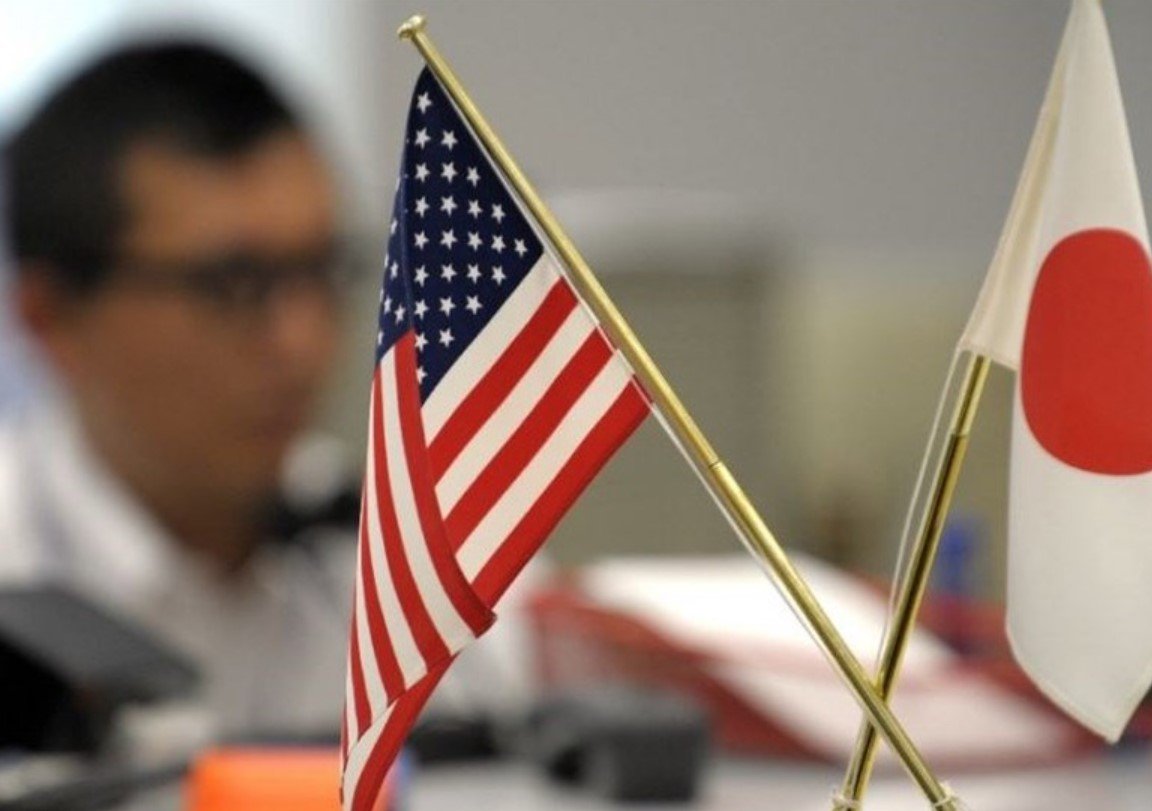The Department of Industry, Science and Resources (DISR) has endorsed the Department of Defence’s decision to implement stricter export controls on quantum computing technology. This move aligns with the broader AUKUS alliance goals, aiming to enhance defense and security cooperation among Australia, the US, and the UK. The new regulations, which include severe penalties for violations, reflect Australia’s commitment to safeguarding its technological advancements and national interests.
Stricter Controls on Quantum Technology
The recent decision to impose stricter export controls on quantum computing technology is a significant step for Australia. The Department of Defence has added quantum computers with 34 or more qubits and a two-qubit gate error rate beyond a certain level to the Defence and Strategic Goods List (DSGL). This inclusion means that these technologies are now regulated as dual-use items, requiring a license for export.

The move is part of a broader effort under the AUKUS alliance, established in September 2021, to enhance defense and security cooperation among Australia, the US, and the UK. The alignment of export controls is intended to facilitate smoother defense trade and collaboration. However, it also results in stricter controls on sensitive technologies, including quantum computing.
The penalties for violating these controls are severe. Sharing technologies on the DSGL list with individuals from non-AUKUS countries, even within Australian borders, can result in imprisonment of up to 10 years. This strict regulatory framework underscores the importance of protecting Australia’s technological advancements and national security interests.
Economic and Strategic Implications
Quantum computing presents significant economic and strategic opportunities for Australia. The National Quantum Strategy, announced ahead of the 2023-24 federal budget, highlights the importance of quantum technologies in the country’s future. The strategy is part of the Labor government’s National Reconstruction Fund, which allocated $1 billion for critical technologies, including quantum.
Since the announcement, substantial investments have been made in the quantum sector. These include $18.4 million for Quantum Australia, $36 million for an early-stage quantum tech grant, and $18.5 million for the Australian Centre for Quantum Growth. These investments aim to position Australia as a leader in quantum technology and ensure that regulatory measures are fit for purpose.
One of the most controversial investments has been a dual $1 billion investment alongside the Queensland government into US-based startup PsiQuantum. This deal has faced scrutiny from both the public and private sectors, highlighting the challenges and opportunities in the quantum technology landscape.
International Collaboration and Future Prospects
Australia’s alignment with countries like the UK and France, which have imposed similar restrictions on nascent technologies, is crucial for international collaboration. The establishment of an export license-free environment among AUKUS partners aims to unlock billions of dollars of investment and reduce red tape for Australian industry.
The National Quantum Strategy recognizes the need to balance regulatory measures with the opportunities presented by quantum technologies. Ensuring that frameworks are fit for purpose is essential to maximize opportunities and manage risks while protecting national interests.
The future of quantum technology in Australia looks promising, with significant investments and strategic initiatives in place. The country’s commitment to safeguarding its technological advancements and fostering international collaboration will be key to its success in the quantum era.









